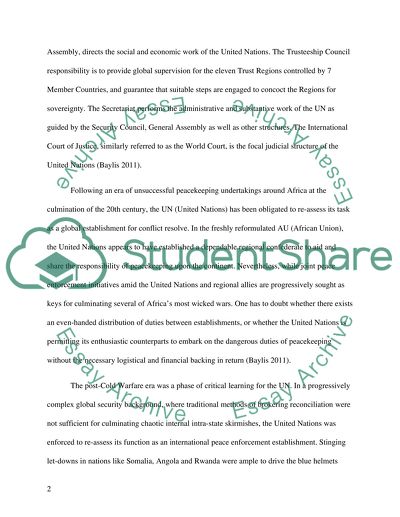Cite this document
(“The Case for the United Nations in the Twenty-first Century Essay - 1”, n.d.)
Retrieved de https://studentshare.org/history/1610663-critically-evaluate-the-case-for-the-united-nations-in-the-twenty-first-century
Retrieved de https://studentshare.org/history/1610663-critically-evaluate-the-case-for-the-united-nations-in-the-twenty-first-century
(The Case for the United Nations in the Twenty-First Century Essay - 1)
https://studentshare.org/history/1610663-critically-evaluate-the-case-for-the-united-nations-in-the-twenty-first-century.
https://studentshare.org/history/1610663-critically-evaluate-the-case-for-the-united-nations-in-the-twenty-first-century.
“The Case for the United Nations in the Twenty-First Century Essay - 1”, n.d. https://studentshare.org/history/1610663-critically-evaluate-the-case-for-the-united-nations-in-the-twenty-first-century.


